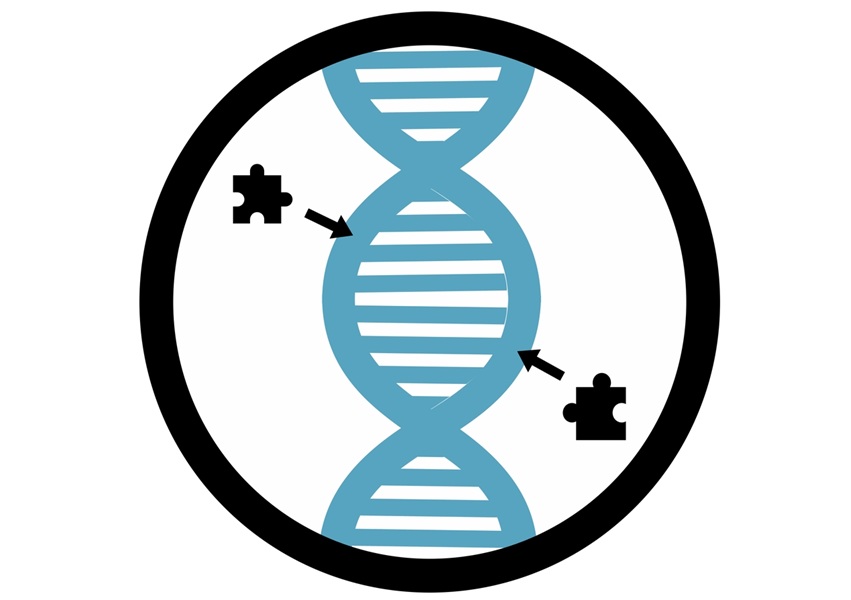Study Confirms Performance of Rapid Stool Test for Detection of Colorectal Cancer
By LabMedica International staff writers
Posted on 27 Jan 2021
A recently published paper confirmed the diagnostic performance of the fecal immunochemical test (FIT) for patients with low-risk symptoms of colorectal cancer.Posted on 27 Jan 2021
The FIT uses specific antibodies to detect human blood in the stool, so it is more definitive for colorectal cancer indication than other types of stool tests such as the qualitative guaiac fecal occult blood test (gFOBT). Guaiac tests can result in a false positive result from other types of blood that may be in the digestive system as a result of diet (e.g. red meat). FIT is both more sensitive and specific than gFOBT.

Image: FIT (Fecal Immunochemical Test) is a stool test designed to identify possible signs of bowel disease. It detects minute amounts of blood in feces (fecal occult blood) (Photo courtesy of Alpha Laboratories, United Kingdom)
In a study conducted by investigators at the University of Exeter (United Kingdom) in conjunction with healthcare providers in the South West of England, the FIT was given to individuals with low-risk symptoms of colorectal cancer, such as stomach ache, unexplained weight loss, or anemia.
A total of 3890 patients aged 50 years or more presenting in primary care clinics with low-risk symptoms of colorectal cancer were tested by FIT from 01/06/2018 to 31/12/2018. A threshold of 10 micrograms of hemoglobin per gram of feces defined a positive test result.
Results revealed that 618 individuals (15.9%) tested positive, and 458 (74.1%) of them received an urgent referral to specialist lower gastrointestinal (GI) services within three months. Forty-three of these individuals (9.4%) were diagnosed with colorectal cancer within 12 months. A total of 3272 individuals tested negative; 324 (9.9%) had an urgent referral within three months. Only eight of the negative patients (0.2%) were diagnosed with colorectal cancer within 12 months. Furthermore, the results suggested that a threshold of 37micrograms of hemoglobin per gram of feces would identify patients with an individual 3% risk of cancer.
First author Dr. Sarah Bailey, a senior research fellow at the University of Exeter Medical School, said, "Our findings are very exciting - we show that this simple and inexpensive test performs exceptionally well in this group of patients with low-risk symptoms, to quickly and accurately tell us who is likely to not have colorectal cancer, and who should be referred for investigation. At a time when hospital services face a backlog as a result of COVID-19 measures, making this decision quickly can ensure the right people are investigated and treated as quickly as possible, which can help save lives. We know that FIT has accelerated interest in how FIT can be used in other patients, such as those with symptoms that have a higher risk of being colorectal cancer and we are now calling for FIT to be evaluated for use across the entire healthcare spectrum, not just in primary care, and in combination with other clinical markers of cancer such as blood test results."
The study was published in the January 19, 2021, online edition of the British Journal of Cancer.
Related Links:
University of Exeter













